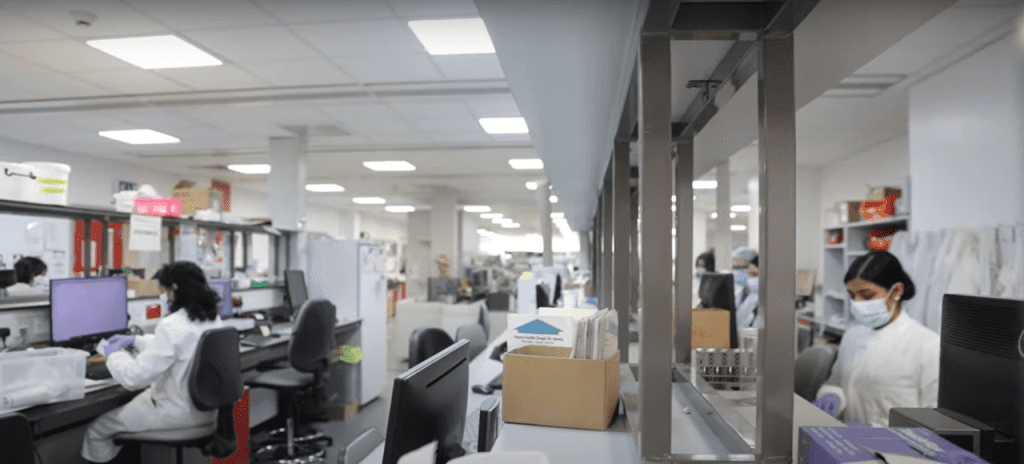Why the COVID-19 Virus Is Mutating?

What Does That Mean for Vaccines?
As we enter the second year of living with the new coronavirus SARS-CoV-2, the virus is celebrating its invasion of the world’s population with yet more mutated forms that help it to spread more easily from person to person. One, first detected in the U.K. in December, has already raised alarms about whether the COVID-19 virus is now escaping from the protection that vaccines just being rolled out now might provide. The variant has also been found in the U.S. So far more than 40 countries banned travelers from the region in an effort to keep the new strain from spreading to other parts of the world.
In a worst-case scenario, those changes could push the virus to become resistant to the immune cells generated by currently available vaccines.
The fact that SARS-CoV-2 is morphing into potentially more dangerous strains isn’t a surprise. Viruses mutate. They must, in order to make up for a critical omission in their makeup. Unlike other pathogens such as bacteria, fungi and parasites, viruses have none of the machinery needed to make more copies of themselves, so they cannot reproduce on their own. They rely fully on hijacking the reproductive tools of the cells they infect in order to generate their progeny.
The so-called N501Y variant (some health officials are also calling it B.1.1.7.), which was recently detected in the U.K. and the U.S., may be a different story. Based on lab and animal studies, researchers believe this strain can spread more easily between people. That’s not a surprise, says Baric, since to this point, most of the world’s population has not been exposed to SARS-CoV-2. That means that for now, the strains that are better at hopping from one person to another will have the advantage in spreading their genetic code.
Dr. Anthony Fauci, director of the National Institute of Allergy and Infectious Diseases, and chief medical advisor to President-elect Joe Biden, says that his teams are sequencing and studying the new variants to better understand what effect they might have on disease, how close they might be to causing more severe illness and, more importantly as more people get vaccinated, whether the new variants can escape the protection of the vaccines we know work today.
The good news is that if the mutant strains do become resistant to the current vaccines, the mRNA technology behind the Pfizer-BioNTech and Moderna should enable the companies to develop new shots without the same lengthy developing and testing that the originals required.
Tracking every change, the virus makes will be critical to buying the time needed to shift vaccine targets before SARS-CoV-2 leaps too far ahead for scientists to catch up. “We are taking [these variants] seriously and will be following them closely to make sure we don’t miss anything,” says Fauci.


